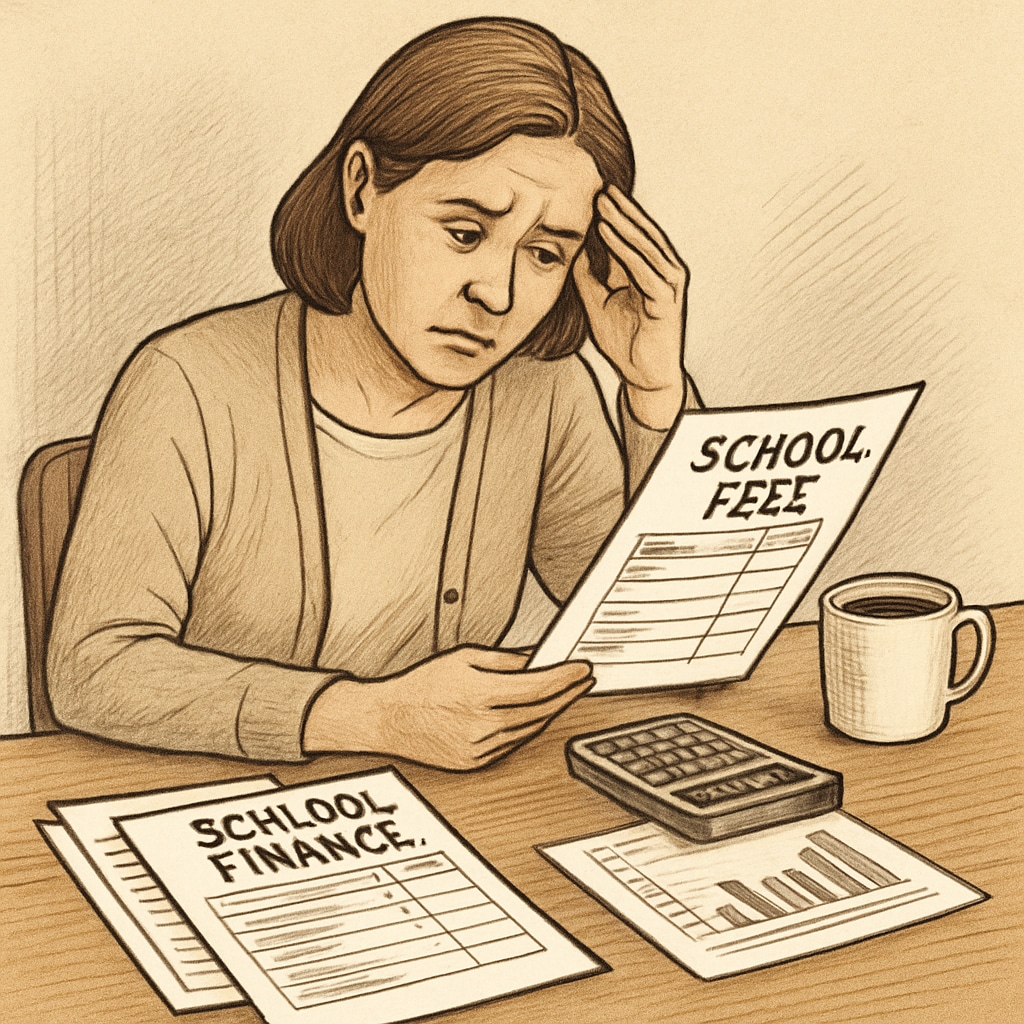When families encounter unpaid balances, the need to access their child’s school transcripts for crucial purposes, such as licensing exams, can create a challenging situation. Balancing the urgency of obtaining these documents with the financial obligations owed to the school requires a thoughtful approach. This article explores the policies surrounding unpaid balances and school records, and provides practical strategies for navigating this complex issue.
Understanding School Policies on Unpaid Balances
In the K-12 education system, many schools enforce strict policies that restrict access to student records, including transcripts, until outstanding balances are resolved. These balances could include unpaid tuition, library fines, or other fees. The rationale behind such policies is to encourage financial accountability; however, they can inadvertently create barriers for families in need.
For example, a parent seeking their child’s transcript for registration at a new school or for a professional licensing exam may find themselves caught between the school’s administrative policies and their immediate requirements. Schools typically cite their legal right to withhold certain non-essential services, like transcripts, unless financial obligations are met. However, federal and state regulations sometimes offer exceptions depending on the situation.

Legal Considerations and Exceptions
It is important to understand that while schools can restrict access to certain records, they are generally obligated to provide access to essential educational documents under specific circumstances. For instance, in the United States, the Family Educational Rights and Privacy Act (FERPA) ensures that parents and eligible students have the right to access educational records, though FERPA does not explicitly prohibit schools from withholding transcripts due to unpaid balances.
However, some states have introduced legislation that restricts the withholding of transcripts for reasons unrelated to academic performance. For example, California has enacted laws that prohibit public schools from denying transcripts based on unpaid fees. Parents should research relevant local and state laws to determine their rights in these situations.
Practical Solutions for Accessing Transcripts
When facing challenges in obtaining school transcripts due to unpaid balances, parents can explore the following strategies:
- Communicate with the School: Open a dialogue with school administrators to explain your situation. Schools may offer payment plans or partial transcript access for urgent needs.
- Request Temporary Exceptions: If the transcript is needed for time-sensitive purposes, such as licensing exams, request a temporary waiver. Provide documentation to demonstrate the urgency.
- Seek Financial Assistance: Look for community organizations or charities that assist families in covering educational expenses.
- Negotiate Payment Plans: Many schools are willing to work with families to establish a manageable repayment schedule, potentially granting transcript access as part of the agreement.
These approaches require parents to be proactive and transparent, showcasing a willingness to address financial obligations while prioritizing their child’s educational needs.

Balancing Financial Responsibility with Educational Access
It’s essential to strike a balance between honoring financial agreements and ensuring that educational opportunities are not hindered. Parents should prioritize communication and documentation to demonstrate their commitment to resolving unpaid balances. Schools, on the other hand, should consider compassionate policies that support students’ long-term success without disproportionately penalizing families facing financial hardships.
Readability guidance: This article emphasizes clear communication, short paragraphs, and actionable advice to address a common parental concern. By focusing on solutions and legal rights, families can navigate these challenges with confidence.


